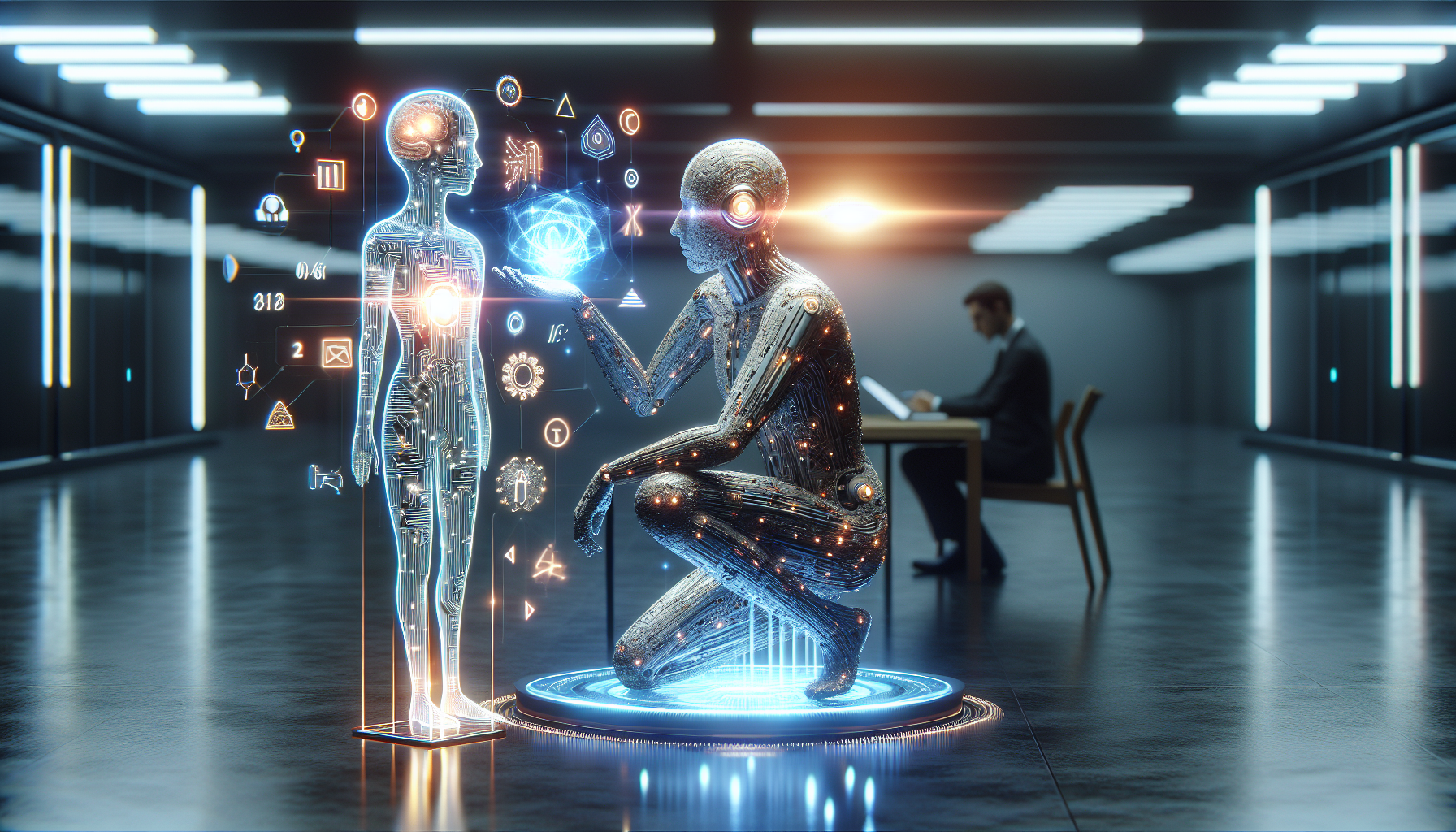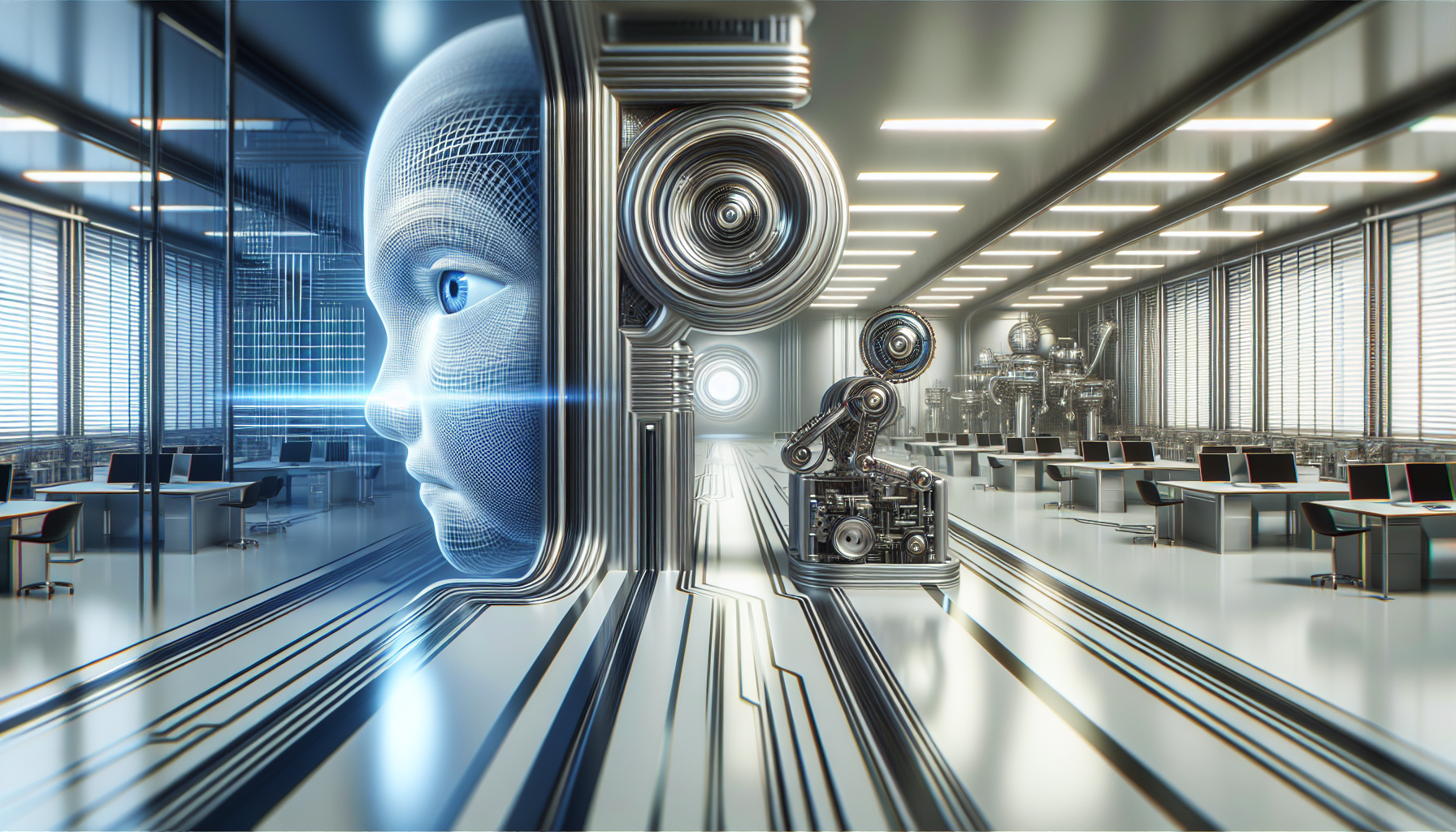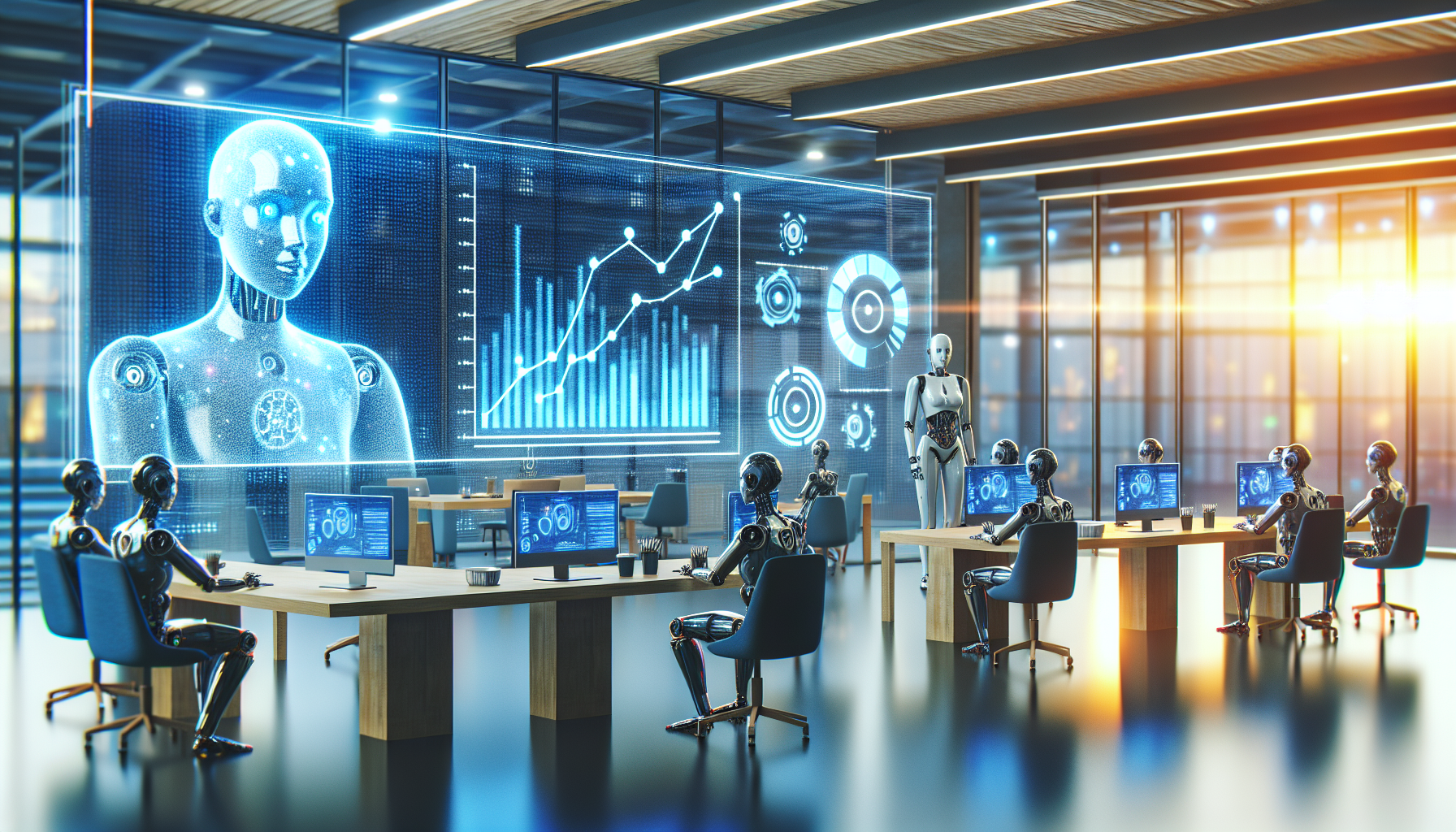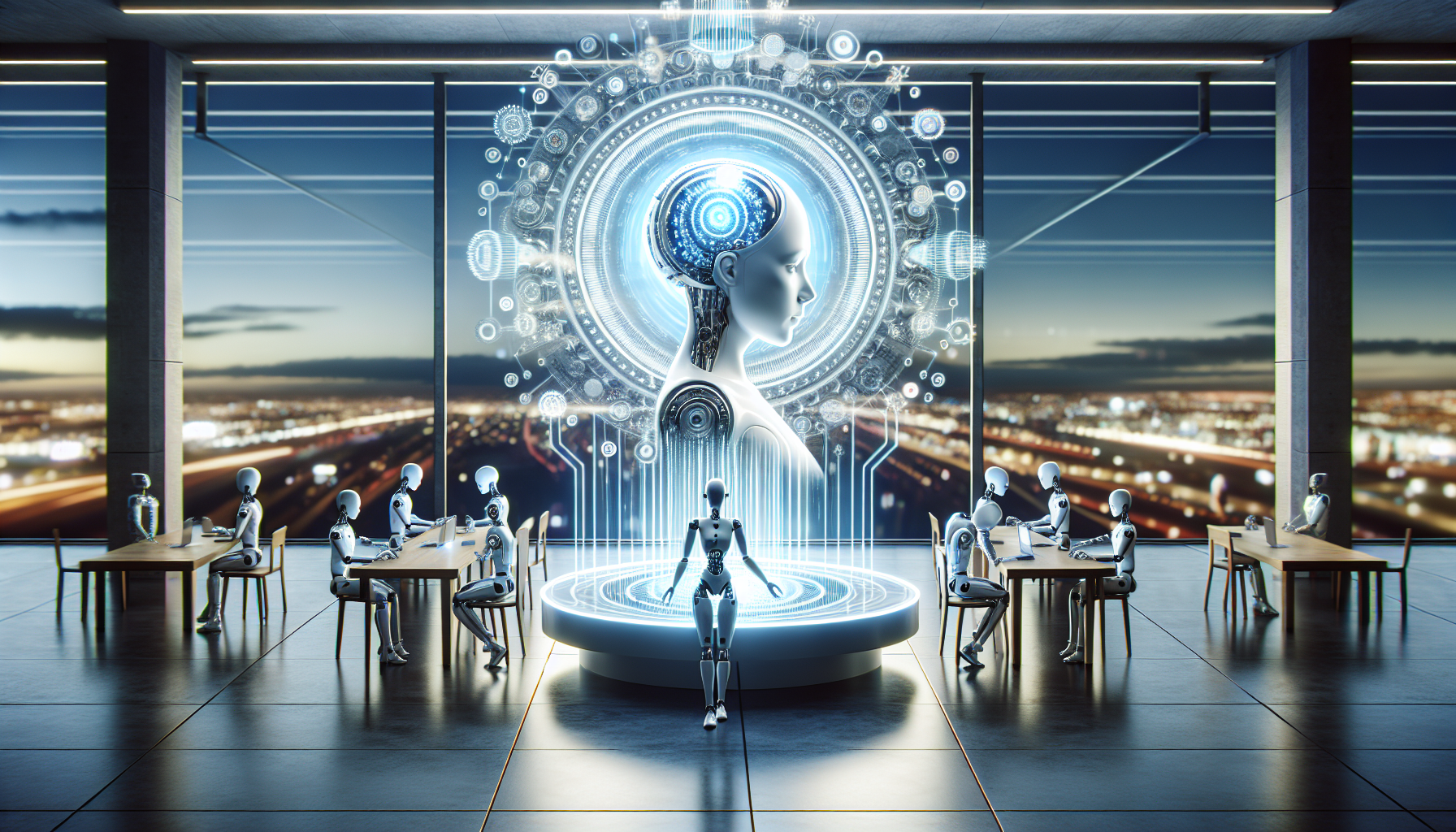
AI and the Future of Work: Unveiling the Myths and Embracing New Possibilities
October 2, 2025
The conversation around artificial intelligence and the future of work often feels like a tale of impending doom, where robots and algorithms take over jobs, leaving humans out in the cold. But what if this narrative is more fiction than fact? Let's take a moment to debunk some myths and explore the inspiring possibilities that AI brings to the workforce.
Picture this: a workplace where mundane tasks are efficiently handled by intelligent machines, freeing up human workers to engage in more creative and meaningful endeavors. This isn't a dystopian vision; it's a glimpse into a future where AI acts as a catalyst for innovation rather than a harbinger of job loss.
One prevalent myth is that AI will completely replace human jobs. While automation has indeed transformed industries, history shows us that technological advancements often create more opportunities than they eliminate. Consider the rise of the internet, which initially sparked fears of job displacement, yet eventually led to the creation of entirely new sectors and professions. Similarly, AI has the potential to revolutionize the job market, introducing roles that we can't yet imagine.
A fascinating aspect of AI in the workplace is its ability to complement human skills rather than replace them. Machines excel at processing vast amounts of data and performing repetitive tasks with precision. However, they lack the nuanced understanding, empathy, and creativity that humans bring to the table. This synergy between AI and human intelligence can lead to remarkable advancements in fields such as healthcare, where AI assists doctors by analyzing medical data, allowing them to focus on patient care and complex decision-making.
Another common misconception is that AI will only benefit those with advanced technical skills. In reality, AI tools are becoming increasingly accessible, enabling individuals across various fields to harness their potential. For instance, artists are using AI to enhance their creative processes, generating new forms of art and music. Educators are utilizing AI-driven platforms to personalize learning experiences, catering to diverse student needs. These examples highlight how AI can empower individuals, regardless of their technical background, to innovate and excel in their respective domains.
Moreover, the integration of AI in the workplace is not a zero-sum game. As machines take over routine tasks, human workers can focus on roles that require emotional intelligence, leadership, and strategic thinking. This shift presents an opportunity for people to engage in work that is not only economically beneficial but also personally fulfilling. It invites us to reimagine the very nature of work, emphasizing purpose and passion over rote tasks.
The fear of AI-driven job loss also overlooks the potential for reskilling and upskilling. As industries evolve, so do the skills required to thrive within them. Companies and educational institutions are increasingly recognizing the importance of lifelong learning, offering programs to equip workers with the knowledge and abilities needed to navigate a technologically advanced world. This commitment to continuous learning ensures that the workforce remains adaptable and resilient in the face of change.
It's essential to acknowledge the challenges that come with integrating AI into the job market, such as ethical considerations and the need for regulatory frameworks. Yet, these challenges also offer an opportunity to engage in meaningful dialogue about the future we want to create. By approaching AI with a mindset of collaboration and inclusivity, we can ensure that its benefits are distributed equitably across society.
So, what does the future hold for AI and the workforce? It's a landscape ripe with potential, where humans and machines coexist harmoniously, each amplifying the capabilities of the other. Instead of fearing the unknown, let us embrace the possibilities that AI presents, using it as a tool to enhance our lives and work.
As we stand on the brink of this new era, perhaps the most inspiring question we can ask ourselves is: How can we harness the power of AI to not only transform industries but also uplift humanity as a whole? The answer may very well shape the future of work in ways we have yet to imagine, offering a vision that is not only hopeful but profoundly human.


